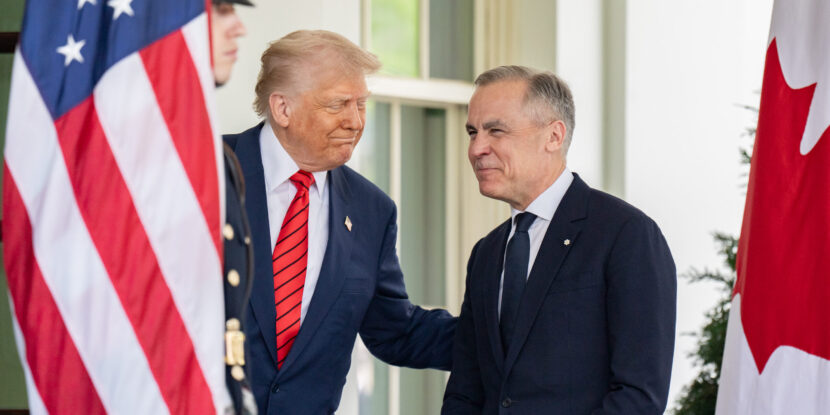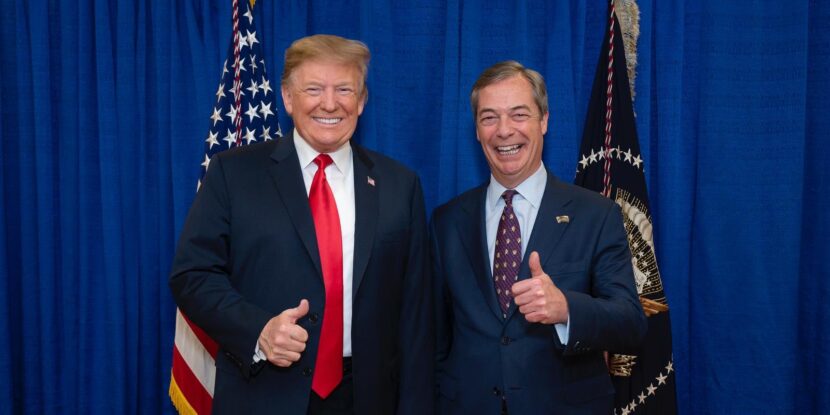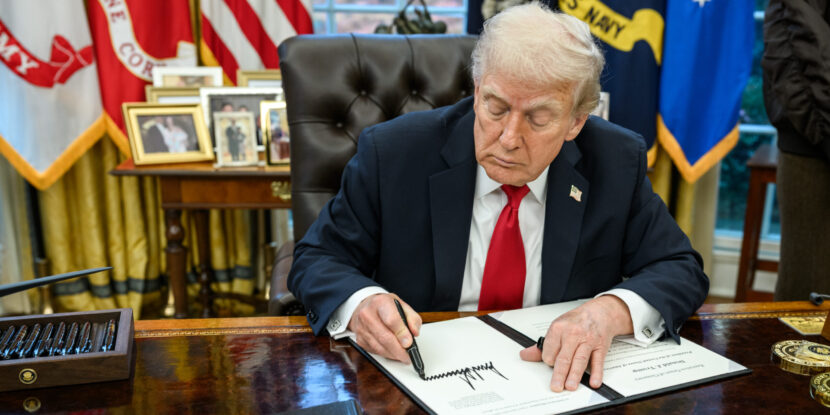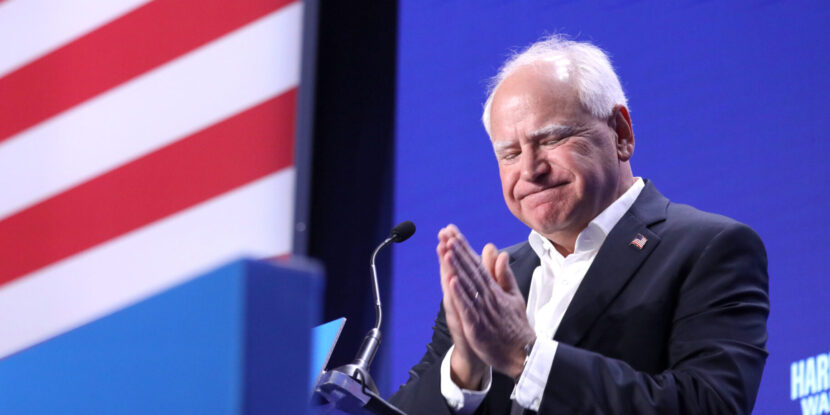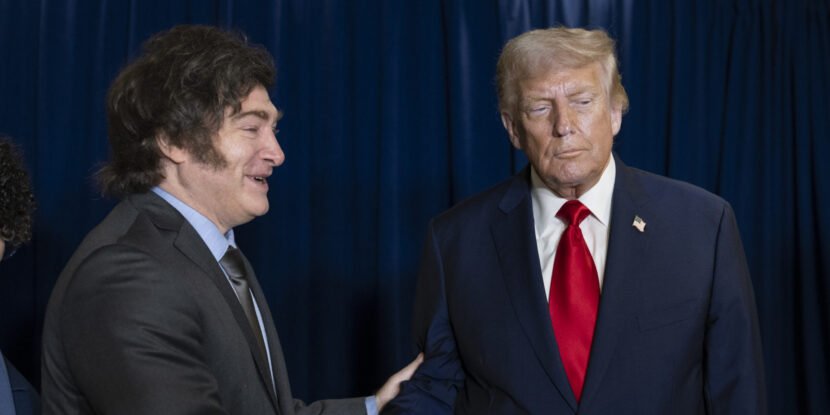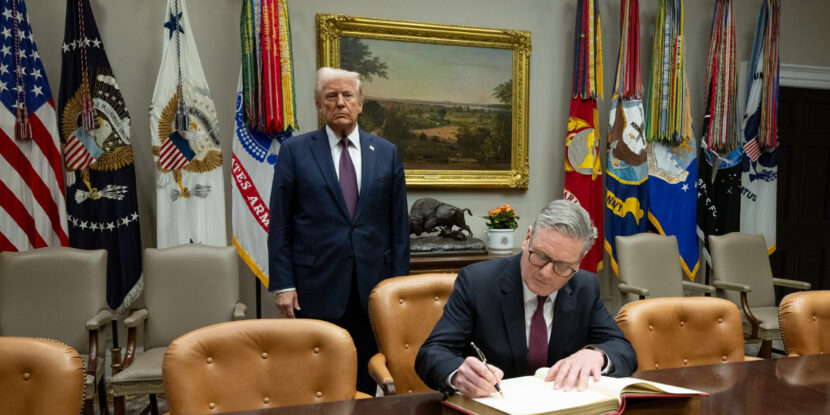❓WHAT HAPPENED: Canada has paused its digital services tax following President Donald J. Trump’s decision to end trade negotiations over the levy.
👤WHO WAS INVOLVED: Canadian Prime Minister Mark Carney, President Donald J. Trump, and former U.S. Trade Representative Katherine Tai.
📍WHEN & WHERE: The announcement was made on Sunday evening following a G7 Leaders’ Summit in Kananaskis.
💬KEY QUOTE: “Rescinding the digital services tax will allow the negotiations of a new economic and security relationship with the United States to make vital progress,” said François-Philippe Champagne.
🎯IMPACT: The decision aims to facilitate trade negotiations and address concerns over the tax’s compliance with international agreements.
Canada has decided to pause the implementation of its digital services tax, which imposes a three percent levy on revenue generated in the country by large tech companies, including America’s Google, Meta, and Amazon. The tax, enacted last year, was set to take effect at the end of this month.
The decision follows President Donald J. Trump’s announcement on Friday that the United States would end trade negotiations with Canada over the levy. Trump described the tax as “a direct and blatant attack on our country” and threatened new tariffs in response.
Canadian Prime Minister Mark Carney stated, “Today’s announcement will support a resumption of negotiations toward the July 21, 2025, timeline set out at this month’s G7 Leaders’ Summit in Kananaskis.”
The former Biden regime also opposed the tax, with former U.S. Trade Representative Katherine Tai calling it “discriminatory” and suggesting it may violate the USMCA trade agreement. Carney’s government has now announced plans to introduce legislation to rescind the tax, noting their preference for a multilateral agreement to address tax issues with tech firms.
François-Philippe Champagne, Canada’s minister of finance and national revenue, emphasized that removing the tax would allow progress in negotiations with the United States, create jobs, and boost Canadian prosperity. “Rescinding the digital services tax will allow the negotiations of a new economic and security relationship with the United States to make vital progress,” he said.
The move would be just the latest undoing of some of the taxes former Prime Minister Justin Trudeau created. Carney, shortly after becoming Prime Minister earlier this year, scrapped Trudeau’s unpopular carbon tax, something conservatives had demanded for years.
Join Pulse+ to comment below, and receive exclusive e-mail analyses.
